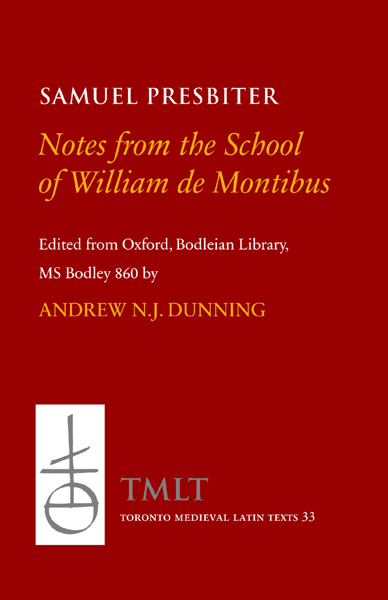
Richard Rolle (d.1439) played a major part in the growth of affective spirituality in England during the fourteenth century. A prolific mystical writer who lived as a hermit and drew his literary inspiration from the great monastic authors of the twelfth century, he nonetheless anticipated many of the teachings of his slightly later contemporaries and his work looks forward to the later fourteenth-century world of increasing lay involvement in spiritual life. While his original audience may have consisted mainly of nuns and anchoresses (for writings in English) and monks and secular priests (for writings in Latin), many of his works can be read as popularizations of the traditions he inherited, and were ultimately designed to reach a much broader audience. The book contains editions of one work by Rolle, the Emendatio vitae , and one medieval compilation of extracts from his writings, the Orationes ad honorem nominis Ihesu. The Emendatio vitae is one of Rolle's late works and aims to adapt an originally specialized programme for spiritual transformation to the needs of general Christian readers; most of the last third of the work consists of an arrangement of passages from his earlier writings. This process of adaptation was taken up by others, who compiled works of "Rolleana" out of other such excerpted passages. The second work edited here, the Orationes ad honorem nominis Ihesu, is a member of this little-studied secondary canon, being made up of purple passages from several of Rolle's works, which it presents as a catena of devotions to the "holy name" of Jesus. Besides providing an anthology of Rolle's rich prose styles, the Orationes exemplifies the way in which passages of his writing could be detached from their original contexts and pressed into the service of an important late medieval devotion.

